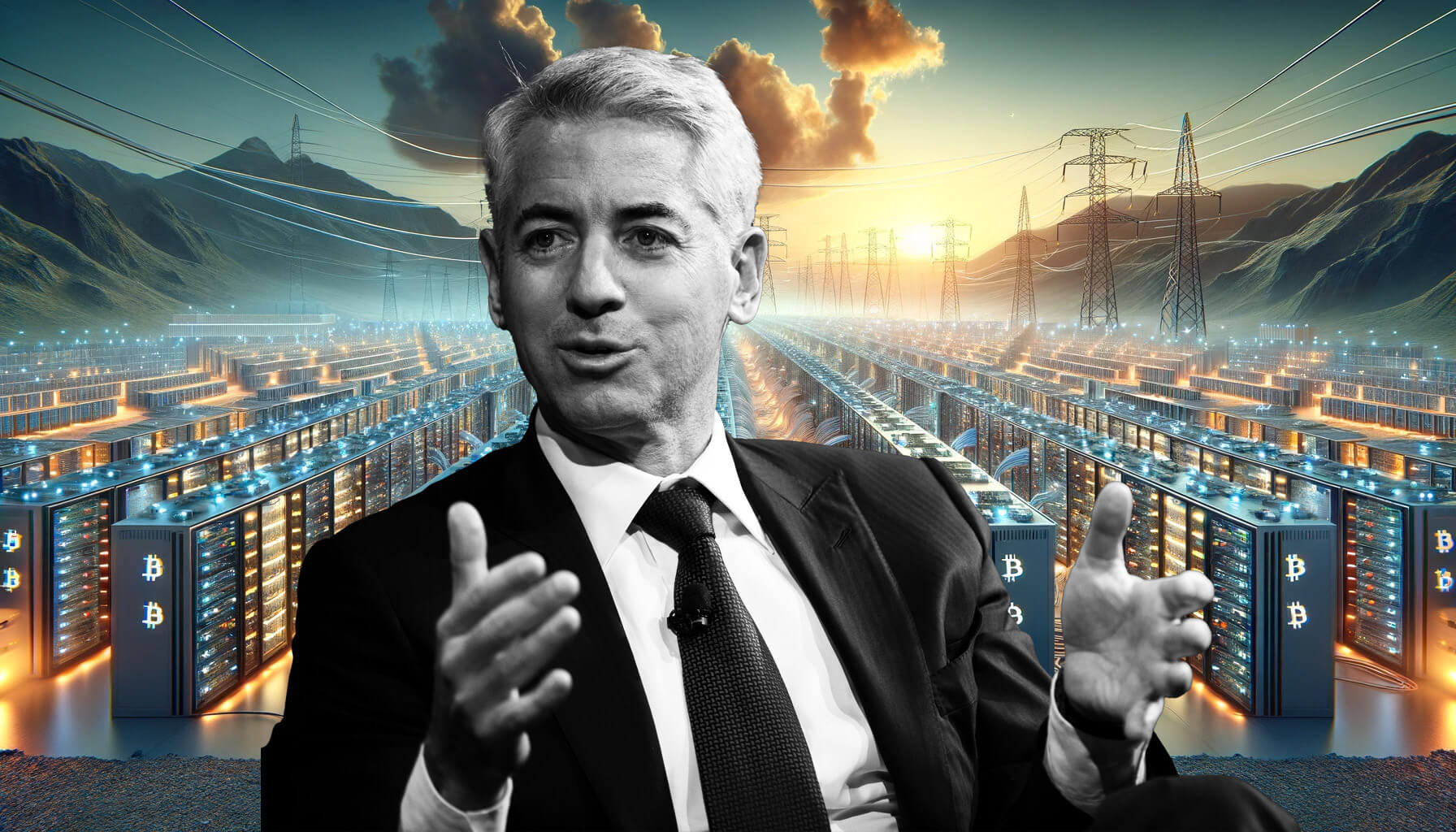Bill Ackman sparks broader discussion about Bitcoin’s energy use

Bill Ackman, prominent investor and CEO of Pershing Square Capital Management, described a hypothetical scenario that has sparked heated debate among cryptocurrency enthusiasts, economists, and environmentalists.
Ackman’s opinion addressed several important issues, including the sustainability of Bitcoin mining, its impact on global energy consumption, and the broader economic consequences of increasing dependence on cryptocurrencies.
He tweeted:
“Scenario: Rising Bitcoin prices lead to increased mining and increased energy use, which drives up energy costs, increases inflation and causes the dollar to fall, which drives demand for Bitcoin, which leads to increased mining, which drives energy demand and cycles. This continues. Bitcoin goes to infinity, energy prices soar, and the economy collapses. “Maybe I should buy some Bitcoin.”
He added that this could work “in reverse” as well.
Ackman’s “scenario” has drawn a variety of responses, ranging from defensive rebuttals to calls for a more nuanced understanding of Bitcoin’s energy use. The debate was further fueled by comments likening the significant energy consumption from Bitcoin mining to the value of the entirety of Greece.
Critics argue that Bitcoin’s energy use is an undeniable problem with serious environmental impacts. In contrast, proponents argue that skeptics should engage more deeply with the cryptocurrency community to understand the complexities of mining and its potential benefits to the energy sector.
Bitcoin is a bottom feeder
Experts in the field, including Michael Saylor, are quoted for their views on the energy debate.
Saylor himself added to the argument, arguing that Bitcoin mining could actually lead to more efficient energy solutions and could foster the adoption of renewable energy sources by creating demand for cheaper and more sustainable energy.
Alexander Leishman highlighted the competitive nature of Bitcoin mining, suggesting that the industry’s drive for profitability naturally leads to the exploitation of cheaper and often renewable energy sources.
This perspective challenges the notion that Bitcoin mining exacerbates demand for existing energy resources and instead argues for its potential role in promoting energy efficiency and sustainability.
Troy Cross argued that Bitcoin’s rising value does not necessarily translate into rising energy costs, pointing to the sophistication of mining technology and the strategic placement of mining operations around the world.
Cross said:
“The cheapest power is the power that no one wants, trapped in time or space. Consuming that power is Bitcoin’s destiny. And while Bitcoin prices may get away with absurd surges for a short time, they will quickly and inevitably return to their rightful place as bottom feeders rather than apex predators.”
Meanwhile, Alex Gladstein, a well-known environmental advocate, supported the argument that Bitcoin mining mainly utilizes surplus or renewable energy sources. His stance reinforced the idea that the Bitcoin mining sector is contributing to, rather than hindering, the optimization of the global energy mix.
self-regulating organism
Industry voices such as Hunter Horsley and Muneeb Ali have predicted a future in which the Bitcoin network’s energy needs could potentially decline. They highlighted the blockchain’s ultimate dependence on halving events and transaction fees as a mechanism to reduce incentives for energy-intensive mining operations.
A notable claim likens Bitcoin’s ecosystem to an “autonomous organism” governed by precise mathematical laws that contribute to economic stability. This perspective demonstrates Bitcoin’s inherent predictability and systemic resilience in contrast to traditional financial assets.
Proponents of Bitcoin and similar technologies argue for the robustness, adaptability, and innovative potential of these systems by framing them as self-regulating organisms. They suggest that, like living organisms, these systems can evolve and self-correct in response to challenges, ensuring survival and relevance in ever-changing environments.
Mentioned in this article





